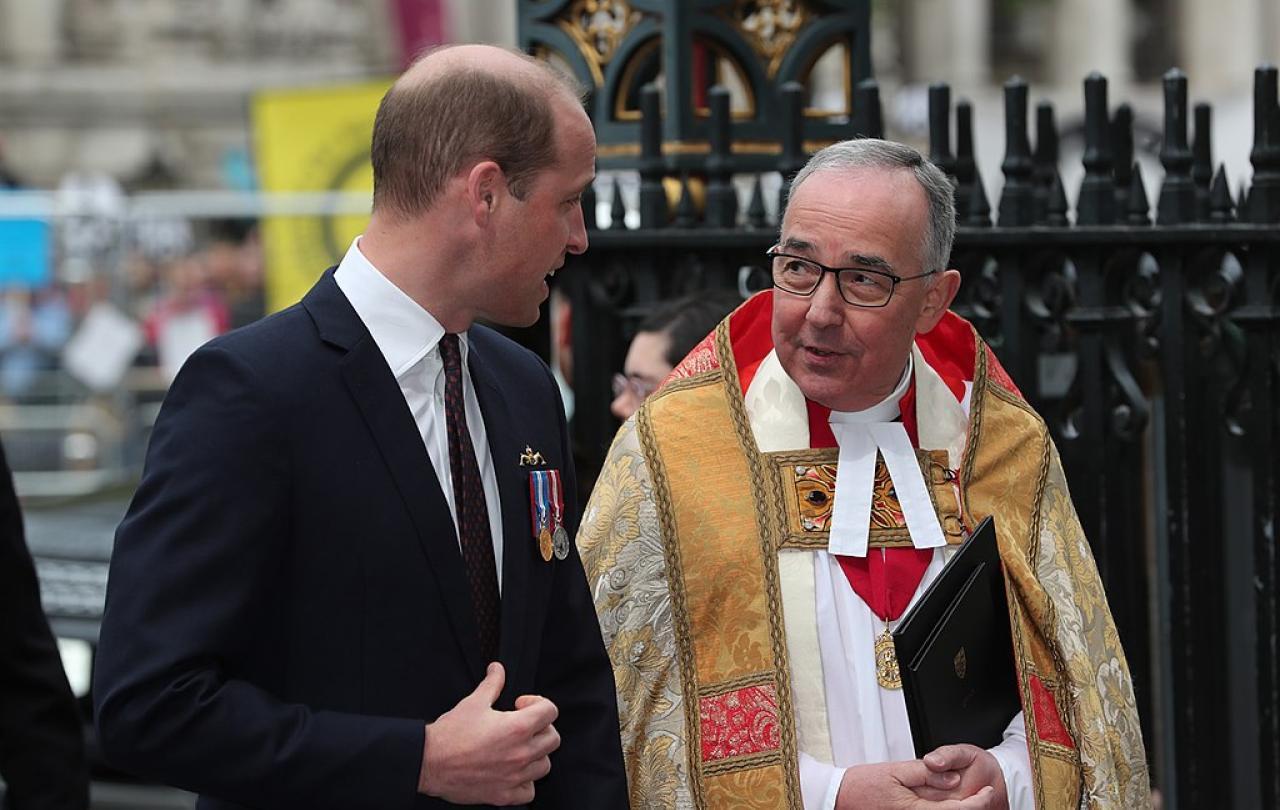In a time when trust in institutions is low and communities feel overlooked, something unusual happened in the forgotten town of Eccles.
One Saturday eight community groups set up stalls. No big strategy or powerful organisations. Just ordinary grassroots projects sharing their stories. One provides meals for families who would otherwise go without. Others put on skills workshops for those who doubt themselves or provide social connections for the lonely
Each table was led by someone who cared. The hall buzzed with interest. People from across the community turned up. By the end of the day, over £16,500 had been raised. Enough to keep doors open. Enough to keep the lights on. Enough to keep hope alive in places most people forget.
But here’s the twist. It wasn’t led by the council. It wasn’t a government initiative. It wasn’t corporate sponsorship. It was sparked by a tiny church, with no money to spare and no plan beyond helping others flourish.
What really brings hope?
Every community like Eccles carries the same ache. How do you bring lasting hope to a place that feels forgotten? What does transformation look like not just for a few, but for everyone? Systems try. Charities try. Councils try. But projects stall. Promises fade. Good intentions don’t always touch the people who need them most.
It’s easy for struggling communities to look to others for rescue. But maybe change grows from small acts that spark something bigger. From a tiny church with quiet faith that every person matters, and that love is worth the risk. When faith is generous rather than self-serving it can become a catalyst for a whole community.
That’s what me and my friends from LifeChurch Eccles hoped for when we organised the day..
This wasn’t about raffles or clever fundraising tricks. Those might raise money — but they rarely move the heart. They turn giving into a transaction: “What do I get in return?” We were aiming for something deeper. A movement of generosity that wasn’t transactional, but transformational.
When giving is free of strings, something surprising happens. People don’t pull back. They lean in. Maybe because that kind of giving speaks to something deeply designed into us all. God’s already placed in all of us.
How it happened
There was no blueprint. No professional fundraiser. No slick tech. Just a small group with a willingness to try.
We put out a simple call for ideas. No red tape, just a Google form. Any local group with a plan to make a difference could apply. Eleven grassroots projects came forward, from youth sports teams to befriending schemes for older adults. We set ourselves a bold goal: raise £1,000 for each one.
We invited businesses to sponsor a project. £250 each. Many said yes. Not because of a pitch, but because they saw something real.
We hosted a showcase. Invited local people to attend. One Saturday, eleven tables. People wandered, listened, gave, and stayed longer than expected.
We set one rule. Give to whatever moves you. No pressure. No gimmicks. Just connection and choice
The council doubled it. Salford Council were so struck they matched every pound raised. Overnight, the impact doubled.
What followed was bigger than money. New relationships. New volunteers. New collaborations. One group received its first-ever funding. No single moment changed everything. But together, they created a ripple. And that ripple hasn’t stopped.
What we learned
We didn’t set out to write a playbook, but a few lessons stayed with us:
Small groups can spark big impact. Our lack of resources made space for others to step in. Saying “we need help” drew people closer.
Weakness builds trust. By lifting others up instead of ourselves, credibility grew. Councillors and businesses said they’d never seen a project like this with no agenda.
Generosity spreads. Once giving started, it caught fire. People gave more than planned. People who’d never normally get involved wanted in. Because real generosity is contagious.
The overlooked need champions. Groups like Mature Movers — helping older people stay active — had never received funding. That day, they walked away resourced and celebrated. Every town has hidden heroes like that.
Impact multiplies when you give it away. None of the money came back to the church. But what we gained was trust, connection, and joy. You don’t lose by lifting others. You gain something money can’t buy.
The power to trigger change
This isn’t about Eccles being special. It’s about Eccles being ordinary.
Every town has hidden heroes. Every postcode has needs. Every community has people who want to make a difference but don’t always know how. You don’t need a big platform. You don’t need a perfect plan. Sometimes, it just takes a fragile step and the courage to trust that others will join you.
Because generosity really is infectious. You don’t need status or size to spark it. A handful of people, energised by faith can ignite something far bigger than themselves.
All you need is a little courage to go first.






